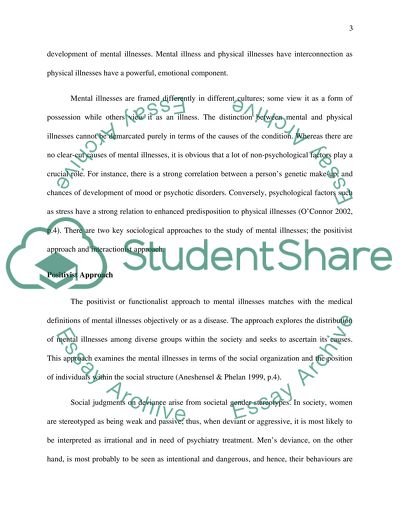Cite this document
(“Evaluate the Claim that Mental Illnesses Are Socially Constructed Essay”, n.d.)
Retrieved from https://studentshare.org/sociology/1452647-evaluate-the-claim-that-mental-illnesses-are
Retrieved from https://studentshare.org/sociology/1452647-evaluate-the-claim-that-mental-illnesses-are
(Evaluate the Claim That Mental Illnesses Are Socially Constructed Essay)
https://studentshare.org/sociology/1452647-evaluate-the-claim-that-mental-illnesses-are.
https://studentshare.org/sociology/1452647-evaluate-the-claim-that-mental-illnesses-are.
“Evaluate the Claim That Mental Illnesses Are Socially Constructed Essay”, n.d. https://studentshare.org/sociology/1452647-evaluate-the-claim-that-mental-illnesses-are.


